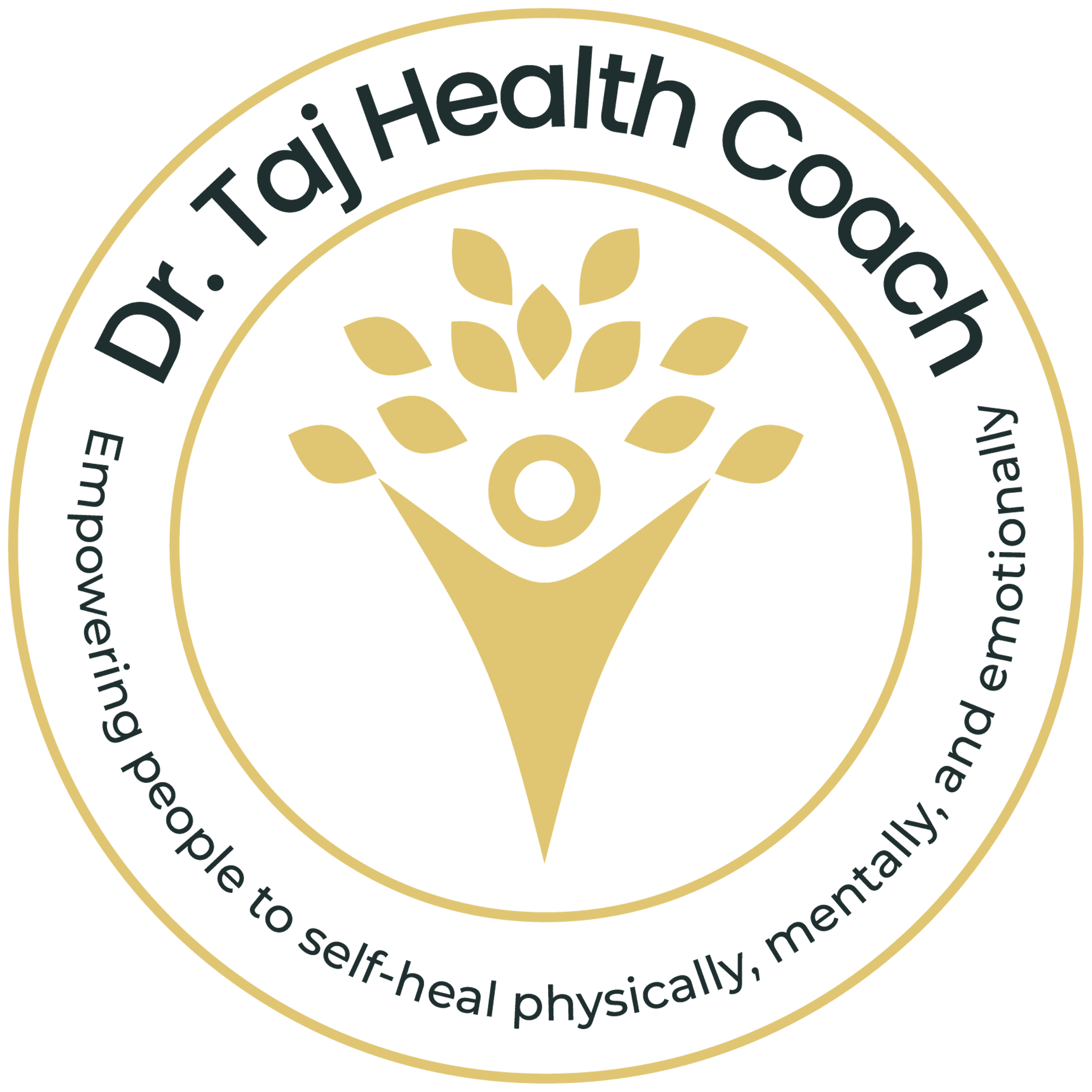
In the face of the alarming increase in cancer cases, it is of utmost importance that we prioritize prevention and make necessary lifestyle changes using plant-based nutrition. One crucial aspect that demands attention is our diet, as it has been identified as a significant contributor to cancer risk.
By adopting a well-balanced and nutritious diet, rich in antioxidants and beneficial nutrients, we can enhance our body’s natural defense mechanisms and reduce the likelihood of developing cancer. Taking small yet impactful steps towards healthier eating habits can have a profound impact on our long-term well-being and help combat this pervasive disease.
Factors Influencing Cancer Risk: The Role of Diet
Several factors contribute to cancer risk, including diet, lifestyle choices, body weight, and chronic inflammation. Extensive studies have consistently shown that adopting a plant-based diet, rich in nutrient-dense fruits, vegetables, whole grains, and legumes, can significantly reduce the risk of developing cancer.
By incorporating more plant-based foods into your diet, you can provide your body with essential antioxidants, phytochemicals, and fiber that help protect against cancer and promote overall health and well-being.
The Power of Plant-Based Nutrition
The power of plant-based nutrition in disease prevention is well-established and yet often overlooked in medical education. By adopting a plant-based diet, individuals can effectively control levels of Insulin-like Growth Factor-1 (IGF-1), a hormone closely associated with the growth of cancer cells.
In contrast, animal protein, mainly derived from dairy products, has been shown to elevate IGF-1 levels, thereby increasing the risk of developing cancer. As such, embracing a plant-based lifestyle not only offers numerous health benefits but also plays a significant role in reducing the likelihood of cancer occurrence.
Overcoming Challenges in Promoting Plant-Based Nutrition
One of the primary challenges in promoting plant-based nutrition for cancer prevention lies in the insufficient emphasis on nutrition education during medical training. Health professionals must be equipped with comprehensive knowledge and resources to effectively educate patients about the significant role of healthy diets and lifestyles in cancer prevention and overall well-being.
By addressing this gap, we can empower both healthcare providers and individuals to make informed choices and embrace the transformative power of plant-based nutrition in their lives.
Investing in Prevention
Investing in good food and healthy habits is the best defense against diseases like cancer. Therefore, it is vital to encourage knowledge and awareness of healthy, plant-based food. Health Coaches play a crucial role in patient education, and the integration of nutrition and lifestyle education into medical practices is essential.
The fight against cancer is a daunting one, but with the right approach and strategies, we have the power to change the narrative. Prevention is always better than cure, and when it comes to cancer, diet, and lifestyle changes are our best weapons.
